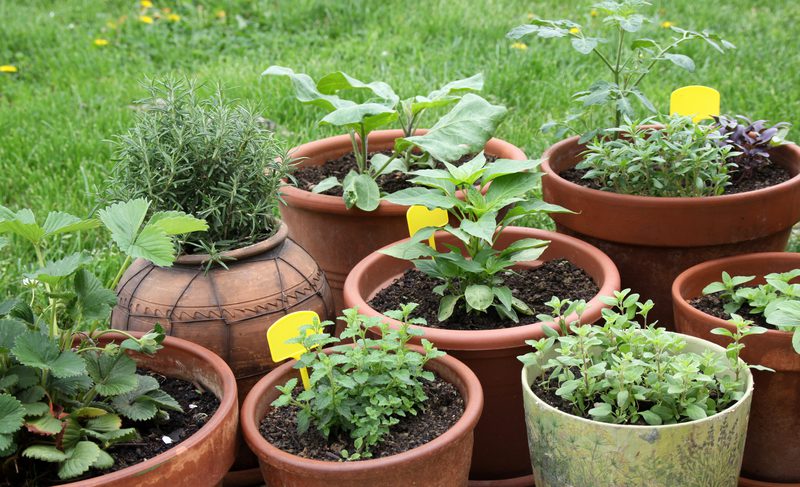Why Your Garden isn’t Growing Like You Want it To
Some of the links in this post are affiliate links. This means if you click on the link and purchase the item, I will receive an affiliate commission at no extra cost to you. All opinions remain my own.

Gardening can be a fulfilling and money-saving hobby for families, but sometimes, despite your best efforts, your garden may not yield the results you desire. Here are some reasons why.
Over or Underwatering
One of the primary reasons your garden may not be growing as you’d like is improper watering. Overwatering can drown plant roots, leading to root rot and other water-related problems. On the other hand, underwatering can stress your plants, causing them to wither and die. To ensure proper watering, pay attention to the specific needs of each plant in your garden. Some plants thrive in well-drained soil and require less water, while others prefer consistently moist conditions. Invest in a quality watering system or hose with an adjustable nozzle to control the water flow. Consider using mulch to retain moisture in the soil and reduce the frequency of watering. Water during the morning or evening when temperatures are cooler and less transpiration occurs. This will help optimize your plants’ water usage so they can thrive for years to come.
Poor Soil
The quality of your soil plays a crucial role in the success of your garden. Poor soil lacks essential nutrients and structure, making it difficult for plants to grow and thrive. To address this issue, start by conducting a soil test to determine its composition and nutrient levels. Most garden centers offer soil testing kits or services. Once you understand your soil’s deficiencies, amend it accordingly. Adding organic matter such as compost or well-rotted manure can improve soil structure and provide essential nutrients for your plants. Regularly mulching your garden beds can also help retain moisture and prevent soil erosion, especially in areas prone to flooding. Flooding in your yard can cause soil erosion, making it difficult for things to grow. To prevent this, consider installing a drainage system or raised beds to promote water retention and drainage.
The Wrong Plants for Your Climate
Choosing the right plants for your climate is essential for successful gardening. Some plants are well-suited to specific regions, while others may struggle to adapt to local conditions. If you’re growing plants that are not native to your area or are not well-suited to your climate, they may struggle to thrive. Research the recommended plant varieties for your region and climate zone. Native plants are often more resilient and better adapted to local weather conditions. When deciding which plants to buy, look for varieties that are suited to your local environment. Consider factors such as soil type and moisture level, sunlight exposure, temperature range, and humidity levels. You should also research the types of pests and diseases that may affect your plants in your area. Understanding these elements can help you select the right plants for your climate zone so they have the best chance of surviving and thriving. With proper research and preparation, you can enjoy beautiful plants in your garden for years to come.
By taking these steps, you can increase the likelihood of a successful and bountiful garden, saving you money and providing fresh produce for your family.
Did You Enjoy Reading This Article? Here’s More to Read: How to Make Sure Your Kids Get Enough Calcium

